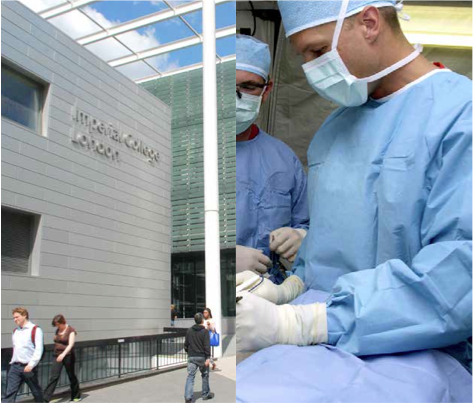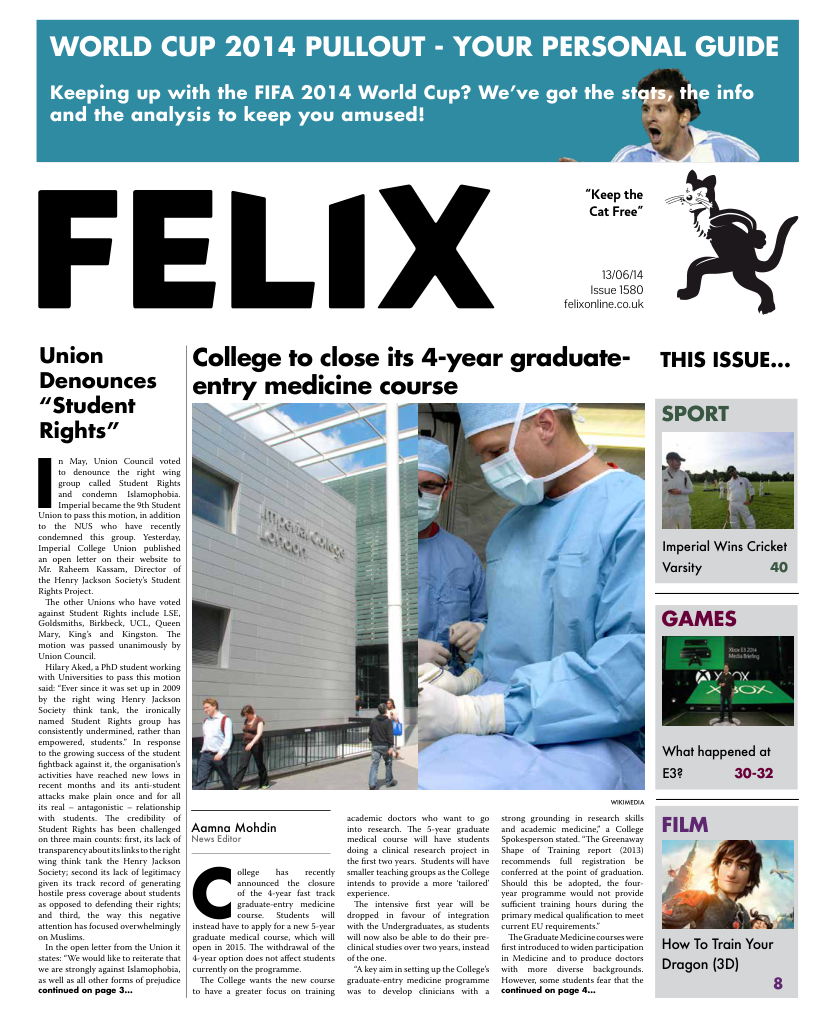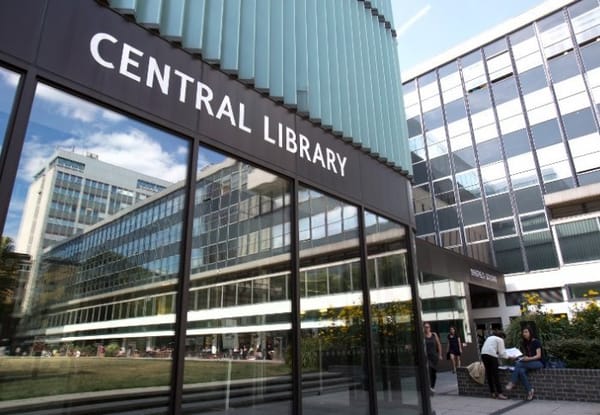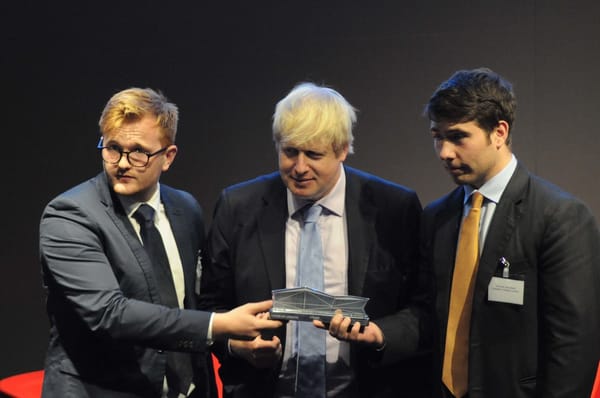College to close its 4-year graduate-entry medicine course
College has recently announced the closure of the 4-year fast track graduate-entry medicine course.

College has recently announced the closure of the 4-year fast track graduate-entry medicine course. Students will instead have to apply for a new 5-year graduate medical course, which will open in 2015. The withdrawal of the 4-year option does not affect students currently on the programme.
The College wants the new course to have a greater focus on training academic doctors who want to go into research. The 5-year graduate medical course will have students doing a clinical research project in the first two years. Students will have smaller teaching groups as the College intends to provide a more ‘tailored’ experience.
The intensive first year will be dropped in favour of integration with the Undergraduates, as students will now also be able to do their pre-clinical studies over two years, instead of the one.
“A key aim in setting up the College’s graduate-entry medicine programme was to develop clinicians with a strong grounding in research skills and academic medicine,” a College Spokesperson stated. “The Greenaway Shape of Training report (2013) recommends full registration be conferred at the point of graduation. Should this be adopted, the four-year programme would not provide sufficient training hours during the primary medical qualification to meet current EU requirements.”
The Graduate Medicine courses were first introduced to widen participation in Medicine and to produce doctors with more diverse backgrounds. However, some students fear that the course closure is ill planned and might have significant funding implications.
“Students were very upset to hear about the changes. We started writing an open letter to the College, but were told at a meeting with Martin Lupton, the head of Undergraduate Medicine, that the decision to change the 4-year program had already be made, and would not be changed,” says Sophie Williams, a first year student on the four year programme.
The College held a consultation last year about changes to the course, in which students suggested more support for research could be made available.
A College Spokesperson said, “A formal review of the four year degree in 2012, which drew on feedback from students and staff, found that in its current form the compact and intensive programme does not meet expectations in providing sufficient opportunities for research and scholarship.”
“At the time, students were not told about possible changes to the length of the course,” said Williams. “And, no further consultation was made about the changes with students or staff.”
The current four-year course has various Government tuition fees loans and NHS bursaries; however it’s unclear if students can access these loans and funding on the 5-year course. Students on 5-year medical programmes who have previously taken another degree are not eligible for any Government loans or funding until the final year of their course.
“The programme will not be considered an accelerated programme,” said a College Spokesperson. “However the School of Medicine is currently lobbying for it to be recognised as such – with the associated funding arrangements in line with this.”
“The additional year brings a large financial burden on students wanting to study at Imperial. Student Finance England have not confirmed they will support the 5-year program, and there are rumours that it won’t be,” said Williams. “Only students with the money available to pay the additional fees will be able to afford to take the course.”
Earlier this year St. George’s University of London also cut the number of places on its own fast-track graduate course by half.







